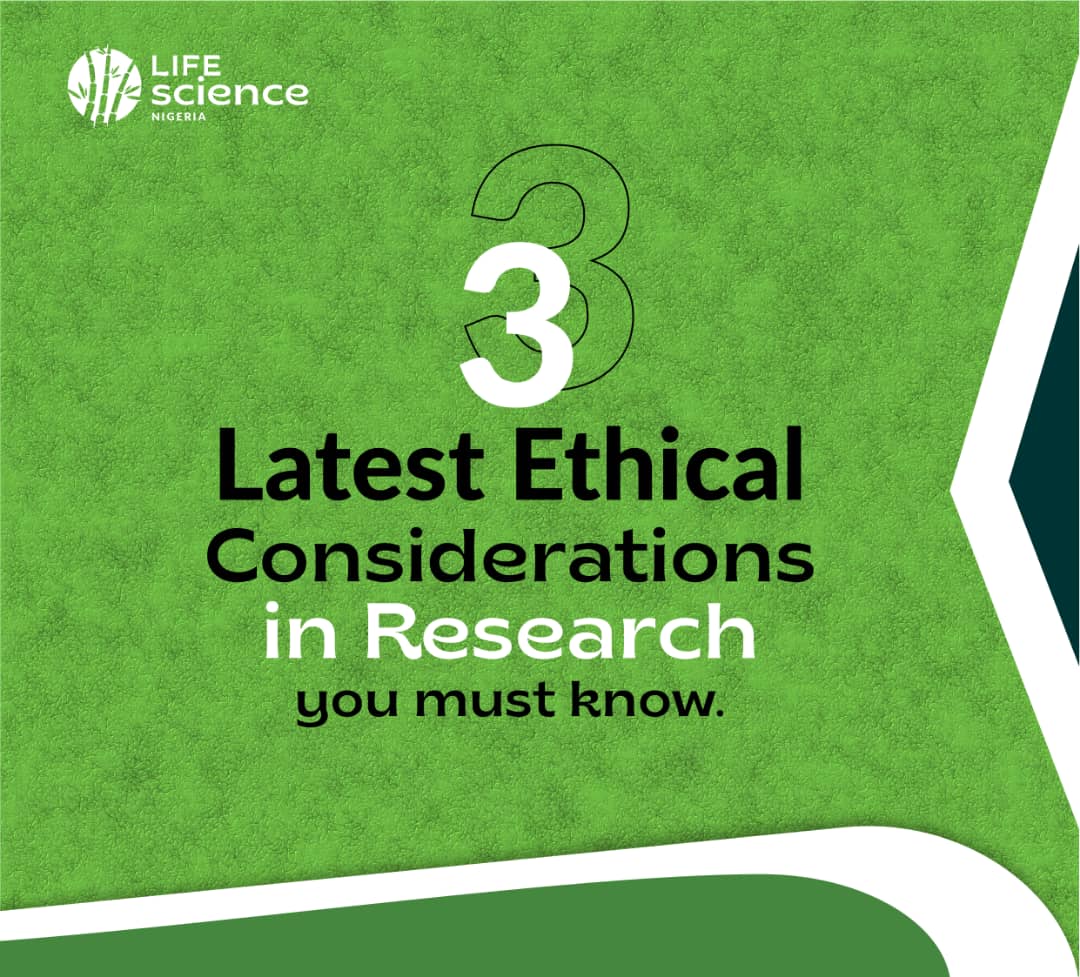
Embarking on any research journey necessitates a steadfast commitment to ethical principles, a compass that guides researchers in navigating the complex terrain of inquiry with integrity and respect.
Ethical considerations form the cornerstone of responsible research, ensuring the protection of participants, upholding the credibility of findings, and fostering a foundation of trust within the scientific community.
Ethics in research is a crucial aspect that guides the conduct of researchers and ensures that their work is conducted responsibly and with integrity. It involves adhering to a set of moral principles and values that govern the decisions and actions of researchers throughout the research process. Ethical considerations in research are paramount as they protect the rights and well-being of participants, maintain the credibility and trustworthiness of research findings, and uphold the integrity of the scientific community as a whole.
Ethical considerations in research encompass various aspects, including informed consent, confidentiality, data management, potential conflicts of interest, and ensuring that any potential risks to participants are minimized. Researchers must also consider issues such as fairness, respect for diversity, social responsibility, and accountability when designing and conducting their studies.
Human research is a crucial aspect of advancing our understanding of various real-life phenomena, studying the effectiveness of treatments, investigating behaviours, and ultimately improving lives in different ways. However, when deciding what to research and how to conduct that research, it is important to consider key ethical considerations. These considerations serve to protect the rights of research participants, enhance the validity of the research findings, and maintain scientific or academic integrity.
Protecting the rights of research participants is paramount in any study involving human subjects. This includes obtaining informed consent from participants, ensuring their privacy and confidentiality are maintained, and minimizing any potential harm or risks associated with the research. In addition to protecting participant rights, ethical considerations also help enhance the validity of research findings. By following ethical guidelines and standards in data collection and analysis, researchers can ensure that their results are accurate and reliable.
Furthermore, maintaining scientific or academic integrity is essential in upholding the credibility of human research. This involves being transparent about methods used in the study, accurately reporting results, and avoiding biases or conflicts of interest.
Researchers must be mindful of these considerations throughout every stage of their studies to ensure that their work is conducted ethically and responsibly.
Some key ethical considerations in research include:
1. Informed Consent: Before involving participants in a study, researchers are obligated to secure voluntary, informed consent. This entails clearly communicating details about the study’s purpose, procedures, potential risks and benefits, and the rights participants have. It allows individuals to make informed decisions regarding their participation.
2. Voluntary Participation: Voluntary participation ensures that individuals engage in the evaluation without coercion. They have the freedom to withdraw from participation at any point without repercussions on their future involvement in services or the current program, as well as their relationships with researchers or research entities. Encouraging high-risk youth to participate in a program can be challenging, and it can be difficult when participants opt not to continue. However, participants have the right to exit such programs at any time, and no pressure should be exerted on those who choose to discontinue. Additionally, explanations for their decision are not necessary.
3. Confidentiality involves limiting access to identifying information exclusively to the program coordinator, thereby preventing its disclosure to others. This safeguard extends to reports and published documents, ensuring the exclusion of any identifying details. Given the typically small numbers in peer-based programs, it is imperative to craft reports in a manner that precludes any potential identification of individuals, even in the absence of specific names.
4. Do no harm: Minimization of Harm involves researchers reducing the potential risks of harm or discomfort to participants, ensuring that any potential benefits outweigh these risks. Additionally, researchers must establish procedures to identify and mitigate any adverse effects participants may encounter during the study.
5. Only access relevant content: Evaluate only the components pertinent to the program or initiative underway. Occasionally, high-risk populations are inadvertently subjected to excessive questioning or used merely as subjects for various evaluations. These evaluations may be of interest to the groups conducting the program or initiative but are not relevant to the program itself or the participants. It is crucial to maintain simplicity in evaluations and remain aligned with the intended purpose and utility of the gathered data.
In research, ethical considerations are commonly overseen by institutional review boards (IRB) or ethics committees. These bodies assess research proposals to verify adherence to ethical standards and regulatory obligations. Researchers bear the responsibility of adhering to these principles and conducting their studies in a manner that safeguards the rights and well-being of all participants involved.
In conclusion, ethical considerations are paramount in research endeavours, guiding researchers to uphold the highest standards of integrity, respect, and responsibility throughout the research process. Through adherence to ethical principles such as informed consent, confidentiality, and minimizing harm, researchers ensure the protection of participants’ rights and well-being. Institutional review boards and ethics committees play a crucial role in overseeing and upholding these ethical standards. By prioritizing ethical conduct, researchers contribute to the credibility, trustworthiness, and societal impact of their research outcomes, fostering a culture of integrity and accountability in the scientific community.
Also Read MARKETING CHALLENGES FACED BY NIGERIA LIFE SCIENCE SMES AND THE SOLUTIONS.